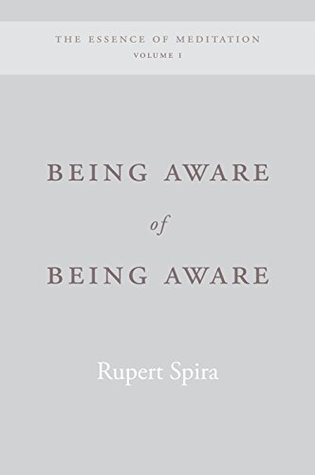More on this book
Community
Kindle Notes & Highlights
Everybody loves happiness above all else. Even if we deny ourselves happiness for the sake of another person or an impersonal cause, we do so ultimately because it makes us happy.
The activities of seeking and resisting are an inevitable expression of the sense of lack or suffering that underlies them. However, most of us never question the origin of our suffering, so busy are we escaping the discomfort of it through the acquisition of objects, substances, activities, states of mind and relationships. If we do question it, we usually attribute it to the absence of the object or experience that we seek or the presence of the situation we are attempting to avoid and, as a result, never fully trace it back to its original cause.
for every time a desired object is acquired or an unpleasant situation successfully avoided, happiness is indeed briefly experienced.
fulfilment that characterises most people’s lives, and to which Henry David Thoreau referred when he said that most people ‘lead lives of quiet desperation’.
However, at some point, either spontaneously or, in most cases, as a result of reading a book or having a conversation with a friend, some people begin to question whether or not objective experience can ever really be the source of the lasting peace and happiness for which they long. Others reach a point of desperation or hopelessness before this intuition dawns.
The turning of the mind away from the objective content of experience towards the source or essence from which it has arisen is the essence of meditation or prayer. It is the ‘inward-facing path’ – sometimes referred to as self-remembering, self-enquiry, self-abidance or the way of surrender
Peace and happiness are not, as such, objective experiences that the mind has from time to time; they are the very nature of the mind itself.
traditions indicate, in one way or another, that the ultimate goal of life – lasting peace and happiness – resides within us and is equally available to all people, at all times and in all circumstances.
Happiness is our very nature and lies at the source of the mind, or the heart of ourself, in all conditions and under all circumstances. It cannot be acquired; it can only be revealed.
We cannot know happiness as an objective experience; we can only be it. We cannot be unhappy; we can only know unhappiness as an objective experience.
The known always changes; knowing never changes.
Allow the experience of being aware to come into the foreground of experience, and let thoughts, images, feelings, sensations and perceptions recede into the background.
Enlightenment or awakening is not a particular experience or state of mind that may be achieved by practising hard enough or meditating long enough. It is the recognition of the very nature of the mind.
Meditation is not something we do; it is something we cease to do. Thus, it could be called self-returning or self-resting.
What we call the beginning is often the end And to make an end is to make a beginning. The end is where we start from.
That is, only gradually, in most cases, will it become clear that meditation is what we are, not what we do, and that the separate self or finite mind is what we do, not what we
is this recognition that is referred to in the Sufi saying ‘I searched for God and found only myself; I searched for myself and found only God.’
As it says in Chapter 2, verse 20 of the Bhagavad Gita, ‘That which is never ceases to be; that which is not never comes into existence.’


